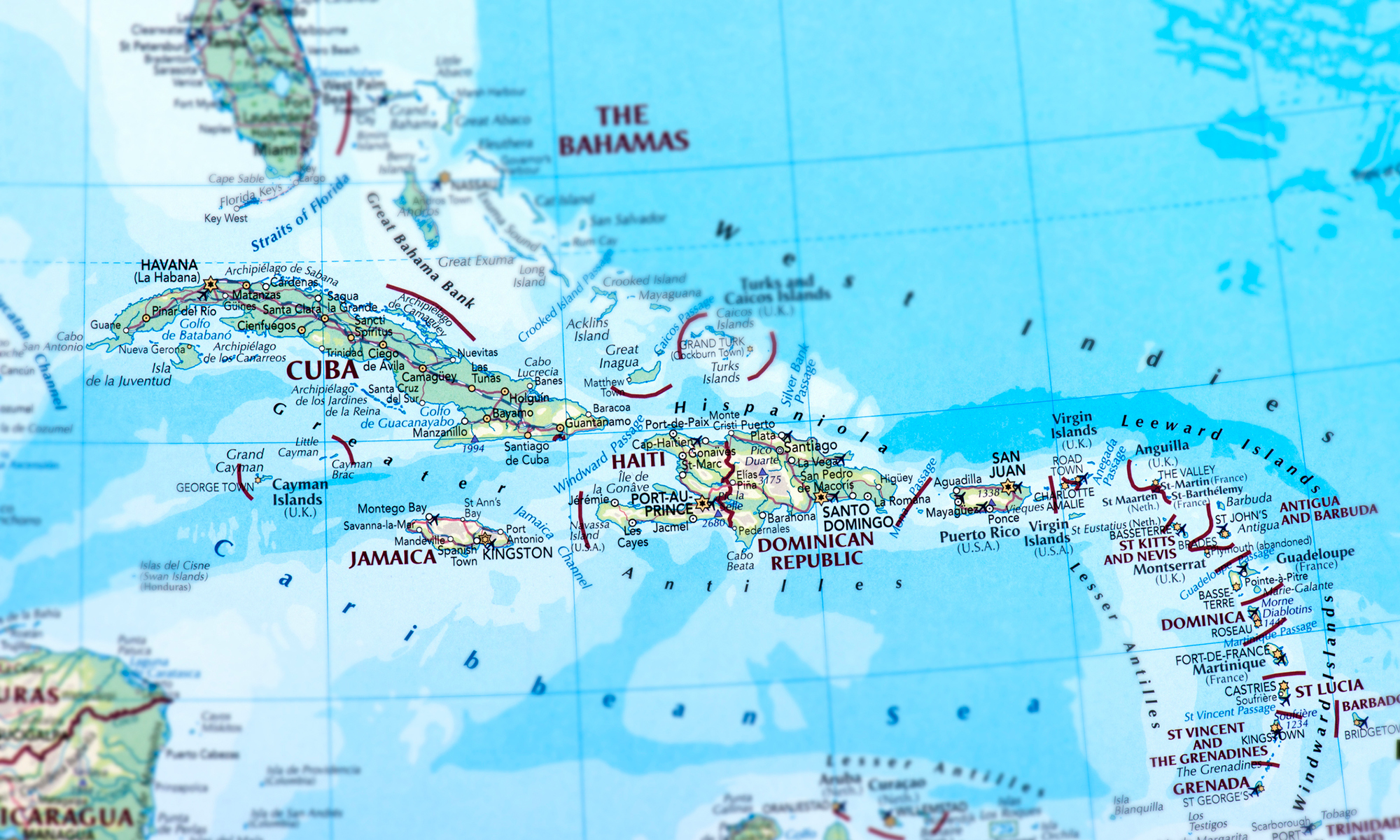On June 3, the House Appropriations subcommittee that funds the State Department and foreign operations voted for a proposed U.S. House of Representatives appropriations bill that would prohibit new funding for an American embassy or other diplomatic facility in Cuba, beyond what was in existence prior to the President Obama’s December announcement that his administration was moving to normalize relations with Cuba. The fiscal year 2016 annual spending bill also restricts funds to facilitate the opening of a Cuban embassy in the U.S., increases democracy assistance and international broadcasting to Cuba, and provides direction to the Secretary of State on denying the issuance of visas to members of the Cuban military and the Communist party.
Rep. Mario Diaz-Balart, R-FL., a member of the funding subcommittee, said: “As President Obama continues to appease the Castro brothers, I will work with my colleagues to ensure that the Congress stands in solidarity with the Cuban people rather than providing further concessions to their oppressors.”
The re-opening of the U.S. embassy in Havana is also opposed by U.S. Senator Marco Rubio, R-FL, who in a recent letter to Secretary of State John Kerry wrote: “Despite more than five months of discussions with the Cuban government, I am very concerned about the lack of political reforms, and progress on human rights; the continued harboring of known terrorists and other fugitives from U.S. justice; the outstanding American property claims and judgments against the Cuban government; and the limitations that continue to be placed on American diplomats working in Havana ,” Senator Rubio continued. “I intend to work with my colleagues to block the Administration’s efforts to pursue diplomatic relations with Cuba and name an Ambassador to Havana until substantive progress is made on these important issues.”
A PDF of Senator Rubio’s letter is available here.
It remains to be seen whether House Republicans can derail the White House from quickly restoring full diplomatic relations with Cuba. The appropriations legislation which only addresses funding still must be approved by the full House and survive negotiations with the Senate, which is drafting its own spending bill. Moreover, the bill does not prevent the State Department from establishing an embassy in Havana, but it makes it more difficult.
Jose A. Aquino is a member of the Duane Morris Cuba Business Group. Lawrence W. Diamond is chair of the Duane Morris Cuba Business Group.
